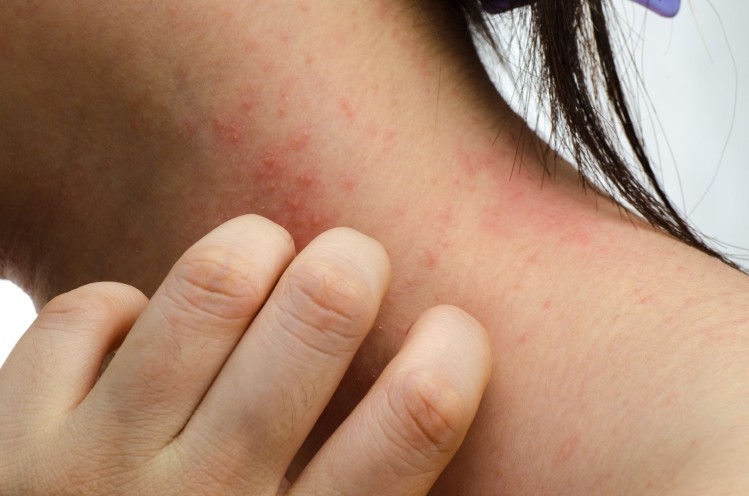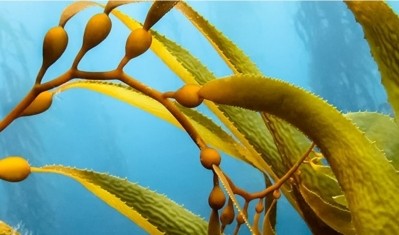Researchers reveal new skin microbiome opportunities for fucoidan

Fucoidan is a sulfated polysaccharide found mainly in various species of brown algae and brown seaweed which has a number of potential health benefits. It been found to significantly reduce the elevated level of IgE (antibodies produced by the immune system) in AD patient cells, in vitro, topical fucoidan has been shown to ameliorate AD in a mouse model, and it has exhibited antimicrobial activity against E. coli and S. aureus.
Over-colonisation of Cutibacterium acnes is one of the main triggers for acne and studies have indicated that the balance of C. acnes and Staphylococcus epidermidis population on skin is very important as S. epidermidis can limit C. acnes over-colonisation.
But is not known how fucoidan affects human epidermal keratinocytes - the primary type of cell found in the outer layer of skin - and its gene expression.
The current study used a RHE (reconstructed human epidermis) model to understand how Fucoidan extracts from Fucus versiculosus (FV) and Undaria pinnatifida (UP) (provided by Marinova Pty Ltd) might affect gene expression and production of periostin - a protein which support adhesion and migration of epithelial cells and is significantly over-expressed in AD patients.
To do this, periostin was significantly over-expressed in the in-vitro model before the researchers explored how fucoidan could affect the adhesion of three types of human skin bacteria - Staphylococcus aureus, commensal S. epidermidis and Cutibacterium acne.
Most notably, they found the treatment inhibited the adhesion of Staphylococcus aureus – a bacterium typically abundant on the skin of AD patients and known to aggravate the condition, but the treatment did not affect the adhesion of Staphylococcus epidermidis – a common bacterium found on healthy skin.
What's more, a large number of subtle modifications were observed, with the majority of affected genes being involved in lipid homeostasis and barrier recovery and regulated in an opposite way to Th2-induced RHE. The authors suggest all these subtle but concomitant modifications might generate a reinforced and more resistant epidermal barrier, alleviating damages associated with sensitive skin and AD.
The report concludes: "Together with beneficial gene regulation, subtle inhibition of periostin release and remarkable inhibition of S. aureus adhesion, fucoidan offers a promising therapeutic potential against skin inflammatory disease such as atopic dermatitis and related damages."
Lead author of the paper and Marinova research scientist, Dr Ahyoung Park, said: “There is currently an unmet global need for effective, non-toxic treatments for debilitating inflammatory skin conditions such as atopic dermatitis. These latest results suggest fucoidan may be a useful topical agent to assist in the future management of AD and potentially offer relief to millions of sufferers.”
These new skin microbiome results build upon previous gut microbiome studies showing that dietary fucoidan has potential to maintain the balance of beneficial and harmful gut flora, reduce gut inflammation and protect gut flora from antibiotics.
This latest study now paves the way for further exploration of fucoidan and the gut-skin axis.
Source: Dermatopathology
Park, A.Y.; Bourtembourg, M.; Chrétien, A.; Hubaux, R.; Lancelot, C.; Salmon, M.; Fitton, J.H.
"Modulation of Gene Expression in a Sterile Atopic Dermatitis Model and Inhibition of Staphylococcus aureus Adhesion by Fucoidan"













